If you’re thinking of creating an interactive touchscreen experience, you’re probably wondering how to get the most out of your investment.
There are plenty of opportunities to gain insight into your customers’ preferences and behaviour, as well as to improve your content for the future – so planning ahead to track this information should be a priority.
Any good interactive design agency should be asking you early on in the process how you’ll be looking to collect data and which analytics you’re going to need to measure, so it’s built into your interactive and ready to go for the big launch; be it at an event, in a marketing suite, or even as an integral part of your museum, gallery or archives.
As an agency who specialise in helping our clients create memorable, persuasive and engaging experiences we’ve outlined some of the best ways to analyse the success of an interactive touchscreen experience, so you can up your game next time ’round.
1. Conversions
This is perhaps the most obvious thing to start with, but of course, it depends on who you’re looking to convert and why.
If your goal is to convert visitors into leads by encouraging them to fill in their name and email address (don’t forget to be GDPR-compliant!) in exchange for something they want – like a video, pdf or perhaps content they’ve created themselves in the interactive – then you should be able to get a good idea of your conversion rates by looking at the database these signups are stored in.
The above interactive for Citrix tracked people filling out a survey which also picked a random winner to receive an Airwheel.
Mike Oliver, Senior Marketing Manager, Citrix, explains the impact of the campaign…
“You took one idea and shaped it into a multi-touch program – executable in different ways, languages and over an extended time frame. As a direct result, we doubled our lead capture at our booths, delivered stunning content to the business that is valid for at least 6 months, and in the first 7 days of the demand generation phase, this program has delivered over 1,000 leads and strong 6–digit contribution to the sales pipeline.“
The impact of the campaign and the tracking of users was planned well in advance for maximum impact and reporting.
2. Analytics
Similarly to conversion rates, Analytics embedded into an interactive can give you microscopic detail of how the interactive is being used. You need to be a little careful here and only really track what will be useful as you can end up with a wealth of data which will distract you from what’s important. You can get analytics on what people are clicking on, what they are looking at, for how long and where they are leaving the experience from.
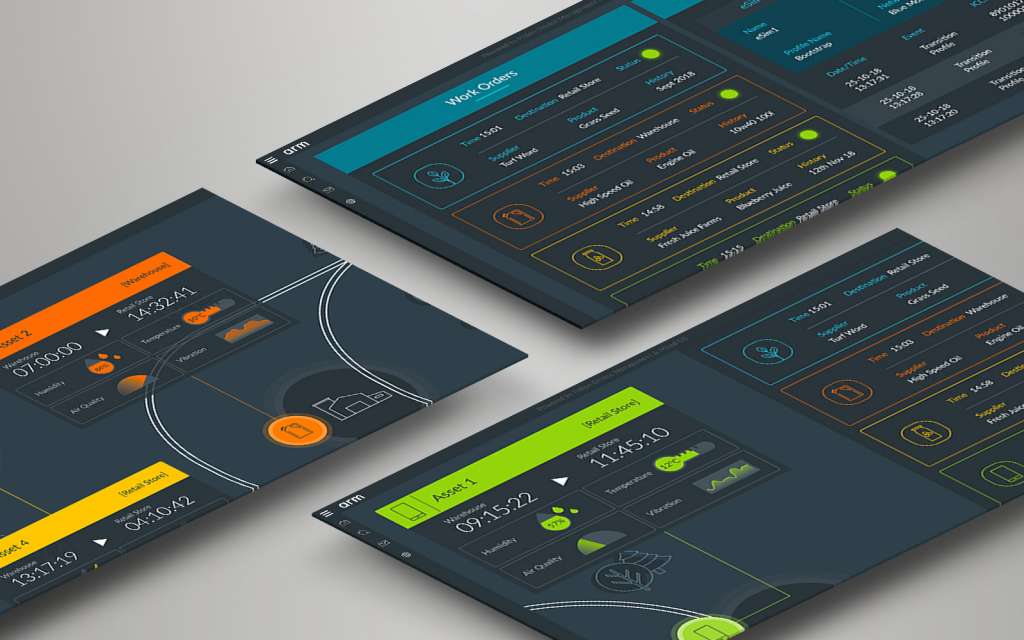
2. Heatmaps/activity
Tracking how users are interacting with your touchscreen experience is possibly the most valuable insight you can gain from your interactive’s launch. Which interactive features, games or content is proving the most popular with your customers? If you’re providing content they can send to themselves (as mentioned above), which is getting you the most conversions?
You can use more advanced analytics and tracking such as heatmaps which provide a simple visual way of seeing what people are interacting with.
Is there anything about your interactive touchscreen experience that isn’t getting people’s attention? That’s important to know, too. Sometimes, the results may surprise you, but take everything on-board and you’ll be in a far better position when it’s time to update your experience – or launch any new content in the future.
Hell, entire campaigns can be crafted based on what’s proven to be overwhelmingly popular with your audience.
Download guide
Check your email to find your guide.
4. User demographics
Demographic recognition is just one of the fun things you can include in your interactive touchscreen experience – for example, your touchscreen’s camera will be able to recognise someone’s age, or sex, and display content more tailored to them. The camera recognition can also track how many people walk past your interactive and how many stop and look at it without interacting so you’ll get an idea of how well it is attracting people.
But this is also a great way of tracking who is most interested in using your interactive experience, what features or games they spend the most time on, and how they’re using your interactive touchscreen the most.
Once you compile all of that data, you might get an even clearer picture of your buyer personas – and remember, all of this is vital stuff for fine-tuning future marketing campaigns and interactives.
5. You!

Most people don’t even think of this. All the analytics in the world are great but nothing beats actually watching people use your interactive. You’d be surprised at what people do and how they interact and you’ll also get a much more personal feel for people’s reactions. Analytics can’t really tell you how people feel when using your touchscreen experience – although you can build in emotion feedback buttons – are they happy, laughing, confused or simply uninspired!
So we would absolutely insist that you spend some time watching people interacting with the experience as you’ll be guaranteed to learn a lot.
Advice from the touchscreen specialists
Any good interactive touchscreen developer should be able to integrate full analytics into your touchscreen experience because they’ll know how important this is when getting you the best results going forward. Think of it as Google Analytics, but for touchscreens!
However, the analytics you use will depend a lot on the interactive content you choose for your experience, and what you’re looking to achieve with the interactive. These are all things that your interactive agency should be happy to sit down with you and discuss in detail in the early planning stages of your interactive touchscreen.
Need more info?
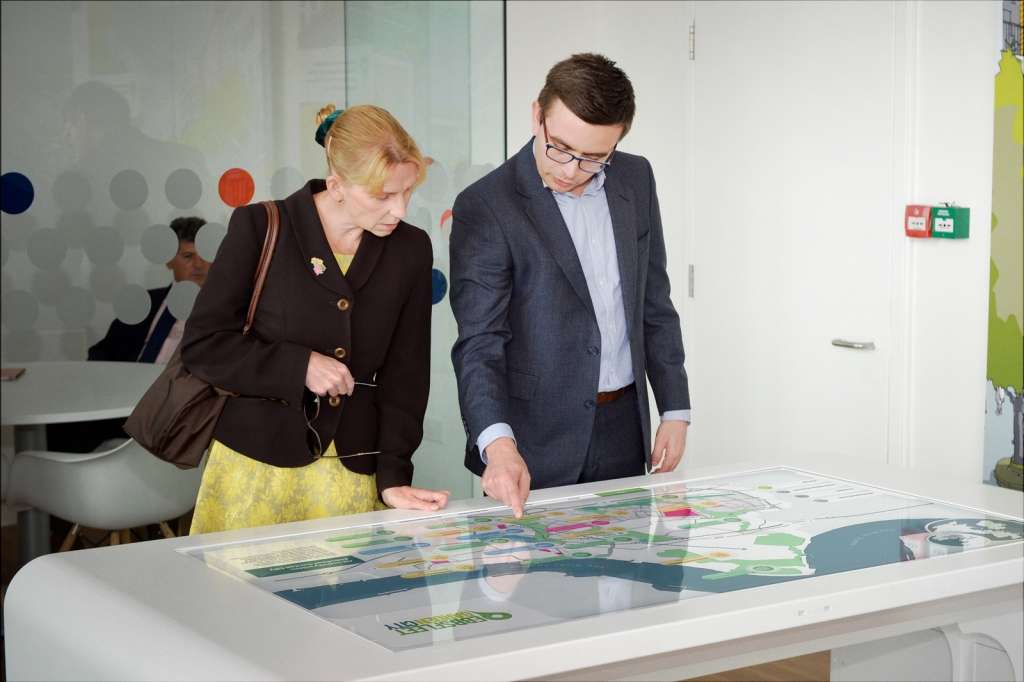
Hopefully, this article has been able to shed some light on the ways you can analyse the success of an interactive touchscreen experience – but it doesn’t end there! These are just some of the ways you can measure the success of your interactive – you may even be coming up with some more right now! (You can thank us later)
Either way, we’d thoroughly recommend continuing to do your research (probably how you found this blog in the first place!) and think carefully about what you’re looking to achieve with an interactive touchscreen experience. Talk to some touchscreen developers who specialise in creating unique, immersive and engaging experiences – they’ll be able to give you some great advice.
If you have any questions about measuring the success of an interactive touchscreen, or just need a helpful ear to sound some ideas out, feel free to get in touch with the experts at POP! Call us on +44 (0)117 329 1712 or email hello@popcomms.com and we’ll get back to you shortly.
Download guide
Check your email to find your guide.
Related Posts
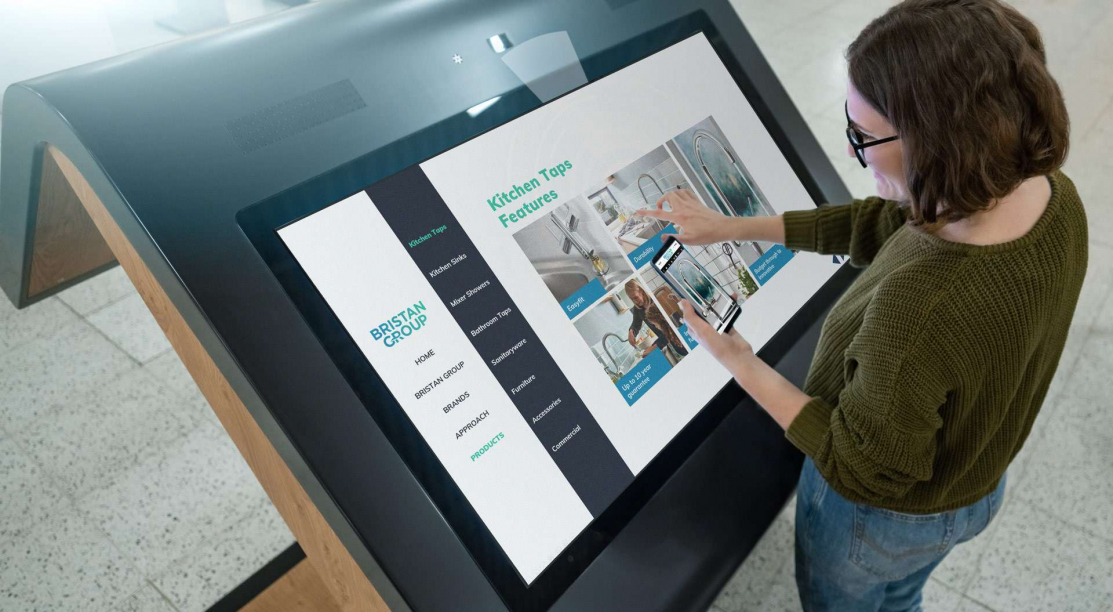
Can You Use Your Presentation on an Interactive Touchscreen Display?
Read
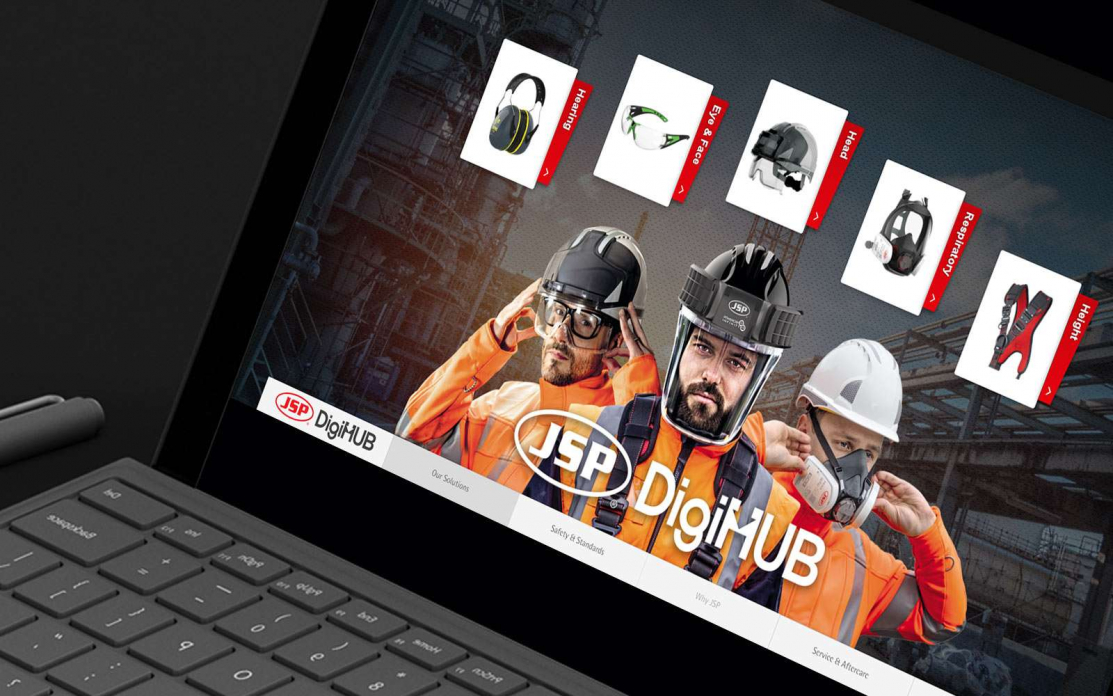
JSP Safety – Buyer enablement platform
Read
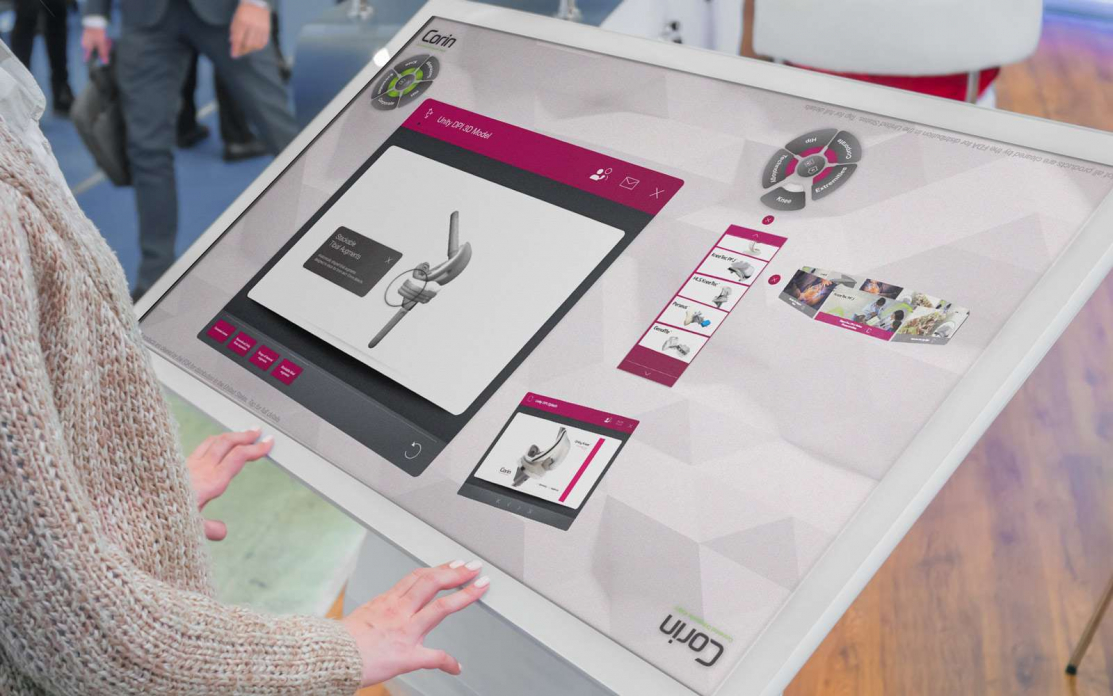
Showcasing Innovative Engineering Through Interactive Touchscreens
Read
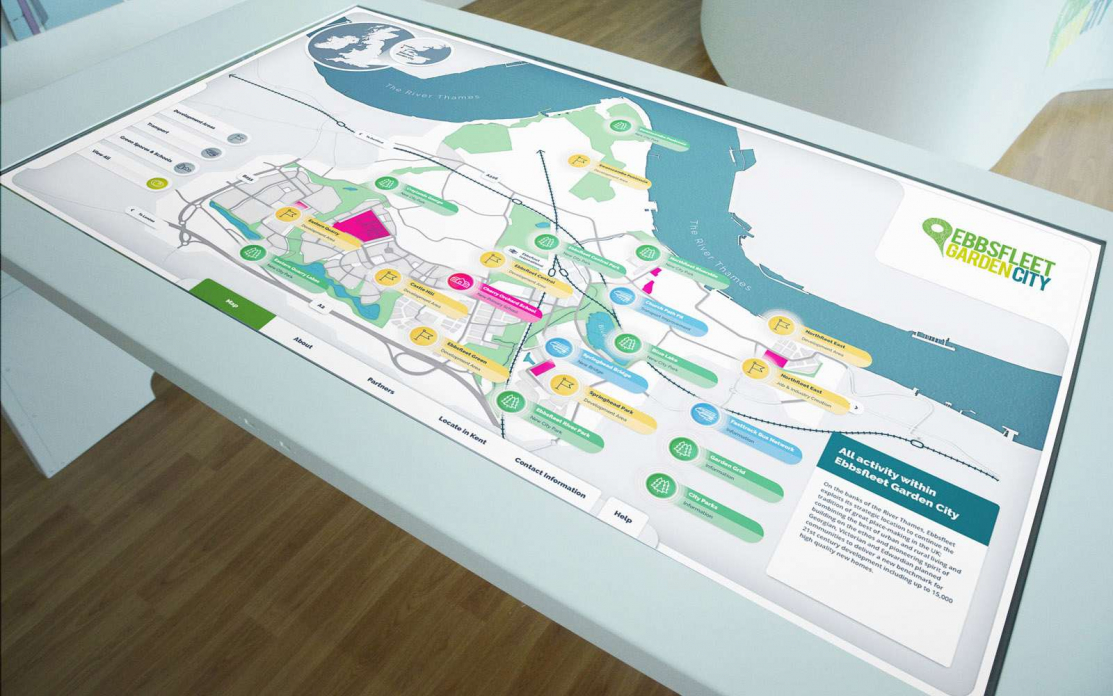
5 Reasons Why Housing Developers Need Interactive Touchscreen Experiences
Read